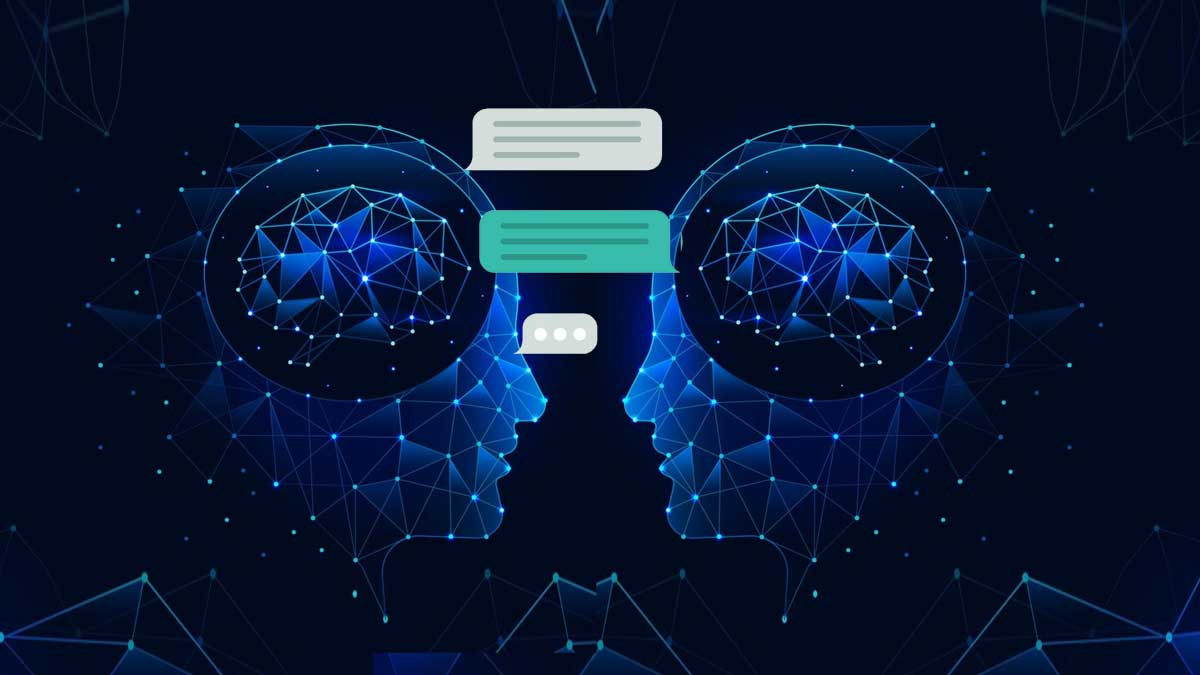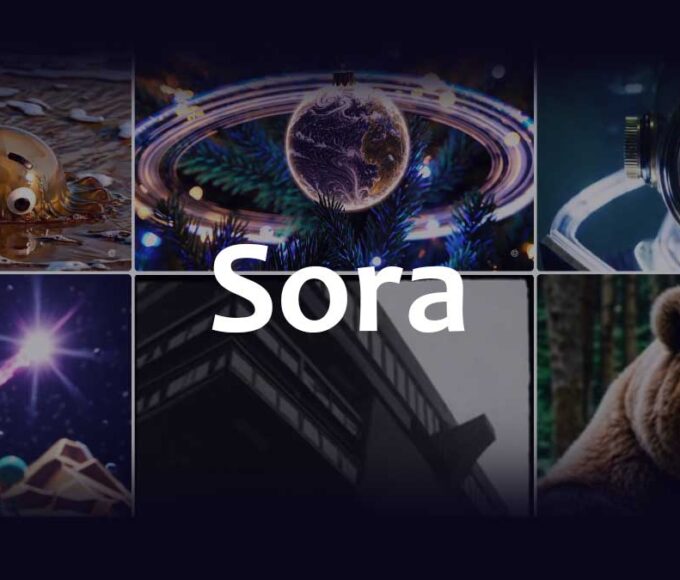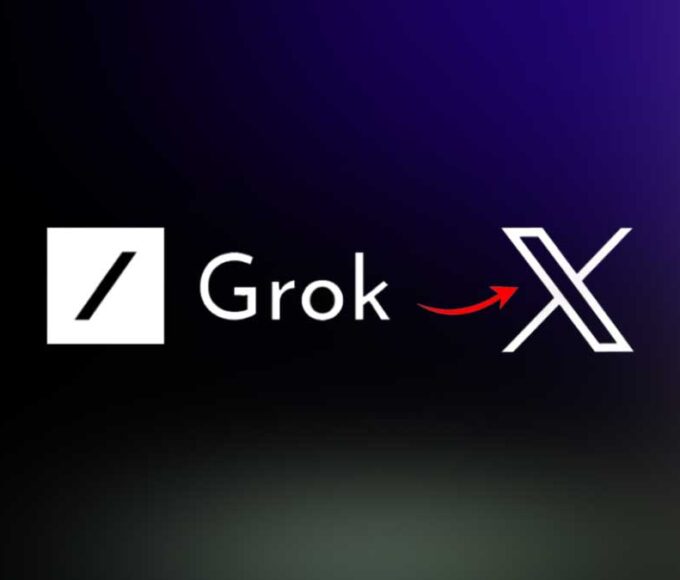- Home
- Billionaires
- Investing Newsletters
- 193CC 1000
- Article Layout 2
- Article Layout 3
- Article Layout 4
- Article Layout 5
- Article Layout 6
- Article Layout 7
- Article Layout 8
- Article Layout 9
- Article Layout 10
- Article Layout 11
- Article Layout 12
- Article Layout 13
- Article Layout 14
- Article Sidebar
- Post Format
- pages
- Archive Layouts
- Post Gallery
- Post Video Background
- Post Review
- Sponsored Post
- Leadership
- Business
- Money
- Small Business
- Innovation
- Shop
Recent Posts
AI and Text Dominance: Navigating Future Conversations

The landscape of human communication is undergoing a profound transformation, driven by two major factors: the remarkable advancement of AI in simulating human-like conversations, and the escalating predominance of text-based interactions over spoken communication. These trends raise profound questions about the nature of human connection and the future of interpersonal communication.
To delve into these issues, I engaged in enlightening discussions with two distinguished experts: Sherry Turkle, a TED speaker, author, and esteemed professor at MIT renowned for her research on the psychological impact of technology on human relationships, and Yoav Shoham, a TED speaker, accomplished author, and Professor Emeritus at Stanford University, recognized as a pioneering computer scientist and co-founder of AI21 Labs, whose Language Learning Model (LLM) competes with GPT by prioritizing accuracy and clarity in communication.
Human-Like Conversations: Shaping Perceptions
One of the most intriguing developments in AI is its ability to engage in conversations that closely mimic human interaction. In a groundbreaking Turing test conducted by Shoham’s AI21 Labs, a significant 68% of participants successfully distinguished between human and AI interlocutors. Surprisingly, the French displayed a particular proficiency in this discernment, highlighting the cultural nuances that influence our perception of conversational authenticity.
The question arises: does it truly matter whether we are conversing with a human or an AI? Furthermore, in a conversation, which holds greater significance—the exchange itself or the response received? These inquiries underscore the evolving nature of human interaction and the complex interplay between technology and social dynamics.
Navigating Conversations with Bots: The Challenge of Non-Verbal Cues
For individuals accustomed to face-to-face interactions, conversing with AI presents a unique set of challenges, primarily the absence of non-verbal cues. Non-verbal communication plays a crucial role in human interaction, allowing individuals to form nuanced perceptions and construct narratives about one another. In this context, the ability to discern whether one is interacting with an AI or a human can significantly influence the dynamics of the conversation.
Turkle’s apprehensions about the overreliance on chatbots resonates deeply, as she emphasizes, “When you’re talking to AI, you’re essentially talking to nobody. It’s not a person.” This sentiment underscores the potential societal ramifications of relying too heavily on AI for meaningful human interaction.
The Journey Versus the Destination: Contextualizing Conversational Preferences
The preference for conversing with either a bot or a human largely depends on the context and individual preferences. While many individuals appreciate the efficiency and straightforwardness of interactions with bots, the broader acceptance of AI hinges on whether individuals prioritize emotional or logical reasoning in their conversations. This divergence reflects the broader societal shift towards valuing either the process or the outcome of a conversation.
For Turkle, human connection is paramount, as it fosters trust and empathy. In contrast, Shoham contends that in certain scenarios, such as seeking reliable and available information, interacting with a machine may be more efficient and effective than engaging with a human interlocutor.
The Dominance of Text: A Historical Perspective
The dominance of text-based communication is not a new phenomenon. Rebecca Roache, a philosopher at Royal Holloway, University of London, notes that anxiety about the impact of new technologies on human relationships dates back to ancient times. Socrates, over 2,000 years ago, expressed skepticism about the value of written communication, advocating for face-to-face interactions as a more authentic form of dialogue.
Turkle’s observation regarding the potential adverse effects of reduced face-to-face interactions, particularly among younger generations, raises pertinent questions about the nature of modern communication. However, Shoham offers a contrasting view, suggesting that while younger generations may exhibit impatience with long-form communication, this does not necessarily indicate a decline in their ability to engage in deep conversations or convey nuanced ideas.
Looking Towards the Future: Integration of Technology and Human Communication
Shoham envisions a future where technology transcends its current limitations, enabling communication through thoughts and eliminating the need for traditional devices such as computers and phones. This radical transformation, he predicts, could occur within the next 50 to 100 years, blurring the boundaries between humans and machines.
In conclusion, while AI and text-based communication are reshaping human interactions, the essence of human connection remains deeply rooted in emotional understanding and meaningful engagement. As we navigate this evolving landscape, understanding the intricate dynamics of human communication will be essential in ensuring that technology enhances, rather than detracts from, our ability to connect with one another on a profound level.
Recent Posts
Categories
- 193 Countries Consortium Partner1
- 193cc Digital Assets2
- 5G1
- Aerospace & Defense48
- AI37
- Arts3
- Banking & Insurance11
- Big Data3
- Billionaires1,506
- Boats & Planes1
- Business332
- Careers13
- Cars & Bikes79
- CEO Network1
- CFO Network17
- CHRO Network1
- CIO Network1
- Cloud10
- CMO Network18
- Commercial Real Estate7
- Consultant1
- Consumer Tech194
- CxO1
- Cybersecurity73
- Dining1
- Diversity, Equity & Inclusion4
- Education7
- Energy8
- Enterprise Tech29
- Events11
- Fintech1
- Food & Drink2
- Franchises1
- Freelance1
- Future Of Work2
- Games149
- GIG1
- Healthcare79
- Hollywood & Entertainment203
- Houses1
- India’s 1000 Richest1
- Innovation46
- Investing2
- Investing Newsletters4
- Leadership65
- Lifestyle11
- Manufacturing1
- Markets20
- Media327
- Mobile phone1
- Money13
- Personal Finance2
- Policy569
- Real Estate1
- Research6
- Retail1
- Retirement1
- Small Business1
- SportsMoney42
- Style & Beauty1
- Success Income1
- Taxes2
- Travel10
- Uncategorized15
- Vices1
- Watches & Jewelry2
- world's billionaires1,475
- Worlds Richest Self-Made Women2
Related Articles
Book Review: Unlocking AI’s Power in Everyday Life
In a world where artificial intelligence (AI) frequently makes headlines in the...
By 193cc Agency CouncilDecember 16, 2024OpenAI Pauses Sora Sign-Ups Due to High Demand
OpenAI has temporarily paused sign-ups for its much-anticipated Sora video tool due...
By 193cc Agency CouncilDecember 10, 2024xAI Secures $6 Billion to Advance Supercomputing and AI
Elon Musk’s artificial intelligence startup, xAI, has taken another significant step in...
By 193cc Agency CouncilDecember 7, 2024X Launches Free Version of Grok Chatbot with Usage Limits
X, formerly known as Twitter, has announced the launch of a free...
By 193cc Agency CouncilDecember 7, 2024















Leave a comment